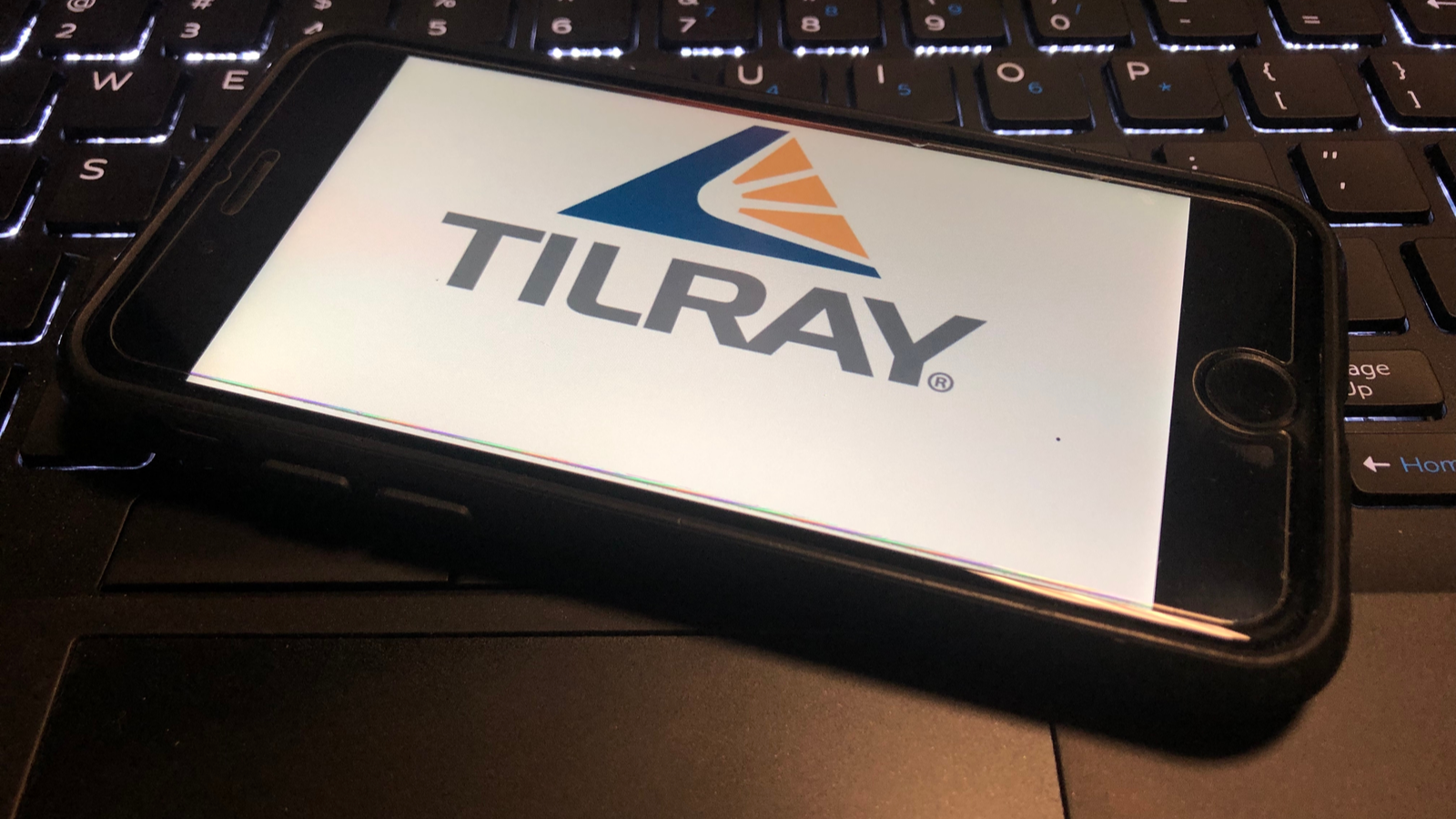It has been a rough past couple of years for Tilray Brands (NASDAQ:TLRY), but more recently, things have started to look up for TLRY stock. Last month, shares in the Canada-based cannabis company began to rally again, on the heels of a well-received quarterly earnings release. Last week, shares spiked in price yet again, except this time the reason for the run-up had to do with an interesting diversification move, rather than anything to do with the company’s main marijuana business. Rather, it had to do with news of a major acquisition, a deal that could (per the company) have big positive implications for results moving forward. However, even if there are some positives to this pending transaction, following the stock’s further recovery this month, does additional upside lie ahead? Not so fast. Taking a closer look, it’s questionable whether this deal is truly a fundamental change for Tilray.
TLRY Stock and The Big Acquisition News
Last week, Tilray Brands announced plans to purchase eight beverage brands from brewing giant Anheuser-Busch Inbev (NYSE:BUD). These brands include Shock Top craft beer, Square mile hard cider, as well as the HiBall Energy caffeinated seltzer brand. Tilray has already been in the beverage business for some time. Following this $85 million all-cash transaction, the company will go from being the ninth largest to the fifth largest craft brewer in the U.S. Per the press release announcing the transaction, the deal will also increase Tilray’s beverage-related revenue to $300 million per year. The company plans to wring out some cost synergies from combining this purchase with its existing beverage portfolio. With this, it’s not a mystery why TLRY stock rallied by more than 36% post-announcement. Chances are this deal will have a positive impact on Tilray’s future operating results. Still, likely improvements notwithstanding, the bullishness for this “beer run” is starting to subside. After the 36% surge, shares have started to pull back. Perhaps the market is realizing that the benefits from this deal are outweighed by not just potential risks from this deal, but by other issues with Tilray as well.
Turning a New Leaf? Not So Fast
As with most mergers and acquisitions (or M&A) deals, what sounds good on paper with this transaction may not exactly play out as expected in practice. Although the market was willing to initially bid up TLRY stock, on speculation this deal will create value for shareholders, it’s not a given this will happen. For instance, while actions like achieving economies of scale may be within reach, efforts to further grow these soon-to-be acquired brands may prove far easier said-than-done. As InvestorPlace’s Dana Blakenhorn pointed out, shortly after last week’s announcement, the craft brewing industry is in decline. Big brewers are getting out of this business, explaining Anheuser-Busch’s motivation to make this deal. That’s not all. Keep in mind that challenges for Tilray’s legacy cannabis business have not gone away. While recent results beat expectations, the company still reported a net loss for the quarter. However, there may be an even larger negative takeaway from this news. The Canadian cannabis market remains over-saturated. Canadian companies still can’t enter the U.S. marijuana market, until federal laws change. With this, it’s doubtful that the type of growth resurgence needed to sustain a further TLRY rebound will happen.
Fade the ‘Merger Mania,’ and Stay Away
Tilray is expected to remain unprofitable until at least the fiscal year ending May 2026. Even if the company manages to beat these forecasts, and become profitable, given the growth challenges, shares may struggle to attain a high multiple. There’s also another hurdle that could prevent a continued rebound for TLRY: the use of dilutive financing methods to finance acquisitions. Back in May, the company raised $150 million through the sale of convertible senior notes. Yes, assuming these notes were all eventually converted into common stock, this would increase the share count by less than 10%. However, if Tilray keeps selling more convertible debt to bankroll questionably-beneficial transactions, the dilutive impact could end up being substantial. Weighing the good against the bad with the beverage deal, consider it best to fade the “merger mania,” and stay away from TLRY stock. TLRY stock earns a D rating in Portfolio Grader. On the date of publication, neither Louis Navellier nor the InvestorPlace Research Staff member primarily responsible for this article held (either directly or indirectly) any positions in the securities mentioned in this article.
